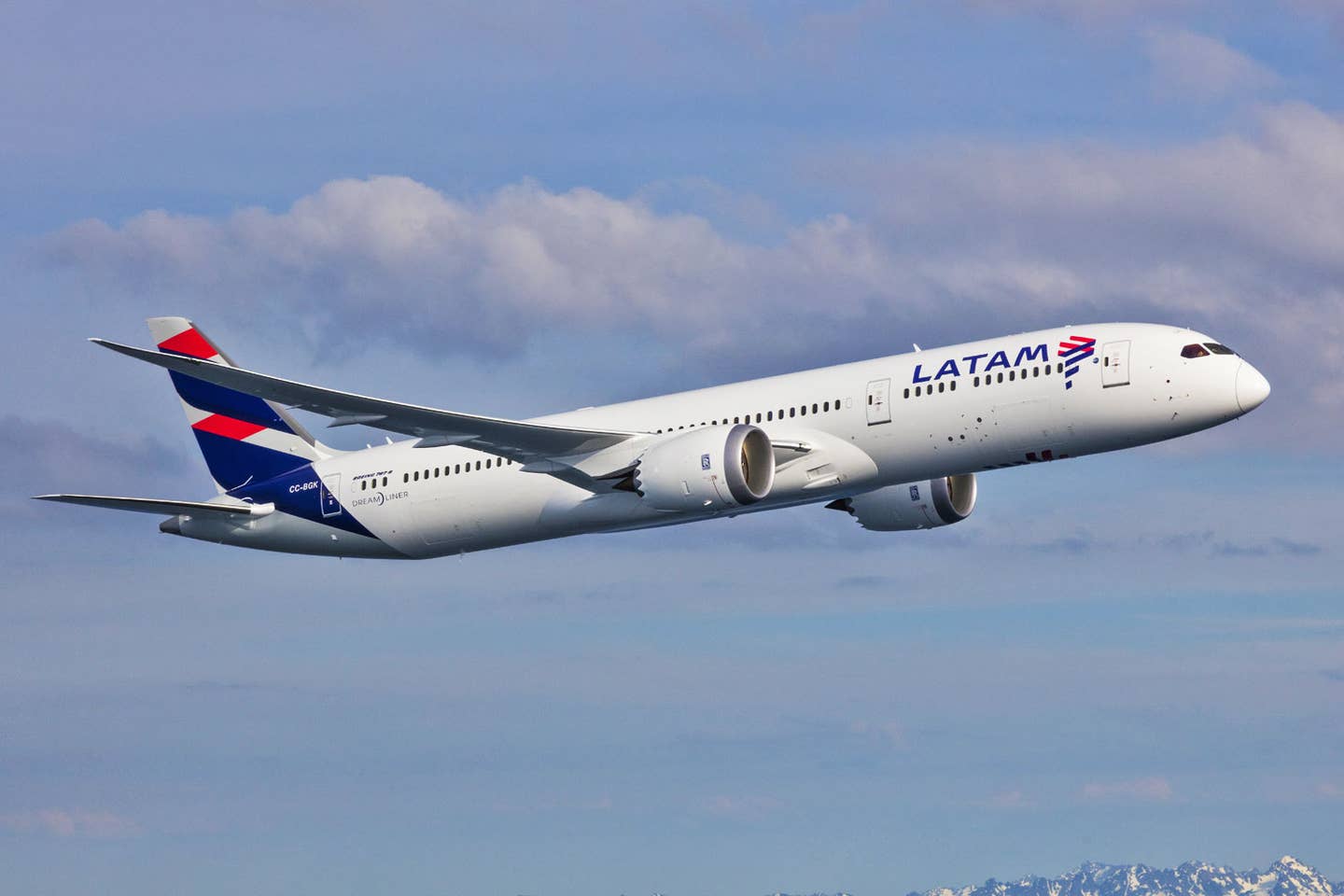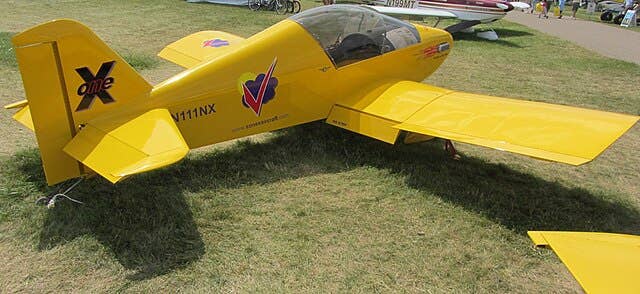787 Captain Collapses Mid-Flight, Dies Later
A LATAM Airlines flight from Miami to Santiago was diverted to Panama on Sunday after the captain died after becoming ill in a bathroom. Capt. Ivan Andaur collapsed about 40…

A LATAM Airlines flight from Miami to Santiago was diverted to Panama on Sunday after the captain died after becoming ill in a bathroom. Capt. Ivan Andaur collapsed about 40 minutes into the flight. There were two other pilots on the Boeing 787 and they took over. A nurse and two doctors who were passengers on the flight tried to save him and could not. The nurse reportedly said on social media that the aircraft "did not have the necessary or sufficient supplies to perform a good resuscitation.”
The medics worked on the pilot until after the plane landed in Panama City and the aircraft was evacuated of other passengers. The airline said its staff and the medical personnel did their best to save the pilot. “All the necessary protocols were followed during the flight to safeguard the life of the affected pilot," the airline said in a statement to the New York Post. "Unfortunately, after landing and receiving further medical assistance, the pilot passed away.”






